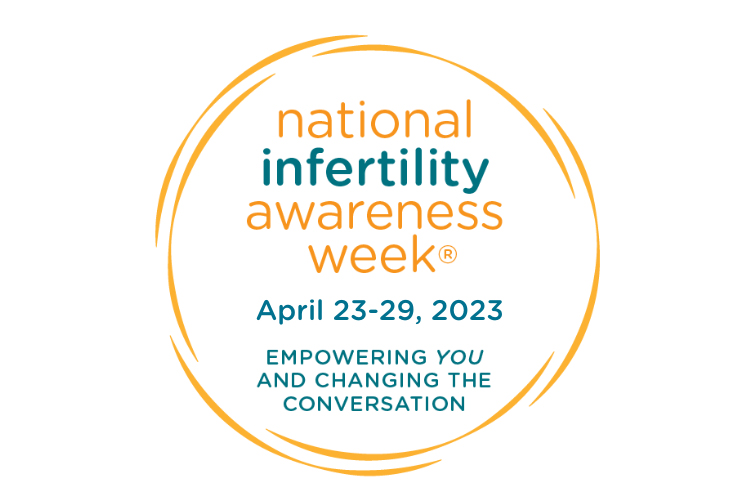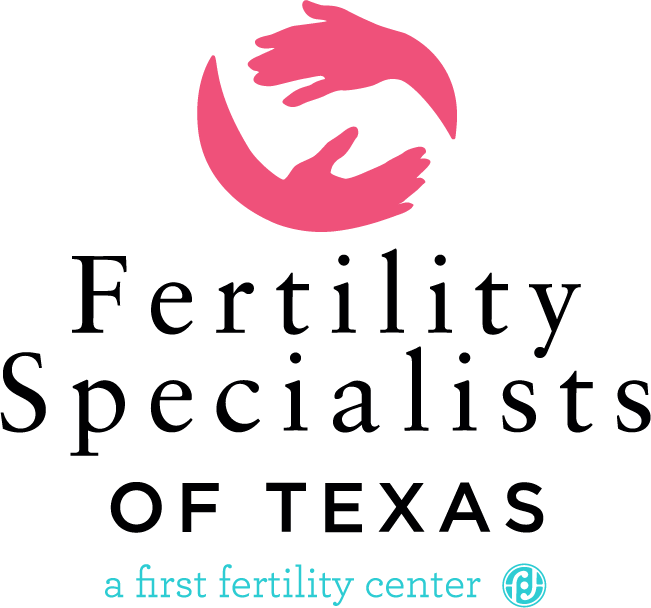

NIAW 2023 is an ideal time to learn about infertility testing and treatments
Texas fertility doctors at our clinic encourage women and men to use NIAW 2023, or National Infertility Awareness Week, as motivation to research infertility testing and treatments. This year, NIAW takes place April 23-29.
Gaining knowledge about potential causes of infertility, when to seek professional care, and effective treatments can be an invaluable part of family planning. For many, this knowledge can lead to the discovery of fertility challenges and how to overcome them.
NIAW 2023 is about sharing information about infertility testing and treatments
People should seek out fertility testing if they have been struggling to become pregnant, or are having irregular or absent periods, symptoms of hormonal shifts, or changes in hair growth and sexual function. This testing allows the doctor to evaluate the potential causes of the patient’s symptoms and help them determine the next best steps.
Blood test. Bloodwork is one of the first steps in fertility care. This test allows the doctor to assess a woman’s ovarian reserve, in addition to her reproductive hormones.
Transvaginal ultrasound. Through ultrasound, a fertility specialist can evaluate the health of a woman’s ovaries and uterus.
Preconception genetic carrier testing. Determining if a patient is a carrier of an inheritable genetic condition can inform the treatments they might need, such as IVF with preimplantation genetic testing (PGT) of embryos.
Hysterosalpingogram (HSG). Some women require this non-surgical test that can reveal uterine abnormalities, such as intrauterine adhesions, endometrial polyps or uterine fibroids.
Surgical evaluation of infertility. Surgical evaluations, such as laparoscopy or hysteroscopy, can be important in the diagnosis and treatment of issues such as endometriosis, uterine abnormalities or fallopian tube damage.
Sperm test. Male patients receive a semen analysis that evaluates their sperm count; sperm motility; and sperm morphology, or shape. These results can reveal if male factor infertility is affecting a couple’s path to parenthood.
After reviewing the results from these tests, one of our Texas fertility doctors helps the couple determine if they could benefit from certain treatments.
Learn more about the next step of infertility testing and treatments
In addition to fertility testing education, NIAW 2023 emphasizes spreading knowledge about fertility treatments. These leading-edge treatments often support patients in bypassing their fertility barriers and building their families.
IUI, or intrauterine insemination. IUI is an ideal treatment option for patients with fertility issues such as poor cervical mucus, antisperm antibodies or low sperm motility. It also an effective path to parenthood for many single women and same-sex female couples. This is a simple procedure consisting of the doctor transferring sperm from the woman’s partner, or sperm donor, into her uterus using a catheter when she is likely ovulating.
IVF, or in vitro fertilization. IVF is often an effective treatment for patients with a range of fertility issues, including fallopian tube blockages, diminished ovarian reserve or endometriosis. This treatment involves the woman taking medication that causes multiple eggs to mature.
When the eggs are an ideal size, the doctor retrieves them, and an embryologist fertilizes them with sperm from the patient’s partner or sperm donor. The doctor then transfers one of the resulting embryos into the woman’s uterus.
Third-party reproduction. Doctors might recommend donor eggs or sperm, or a gestational surrogate, if patients have circumstances that would make it difficult for them to conceive with their own genetic material or carry a pregnancy in their uterus.
Throughout infertility testing and treatments, our Texas fertility doctors are by the patients’ side, helping them take the next step towards the dream of parenthood.
Contact us for more information about NIAW 2023.



